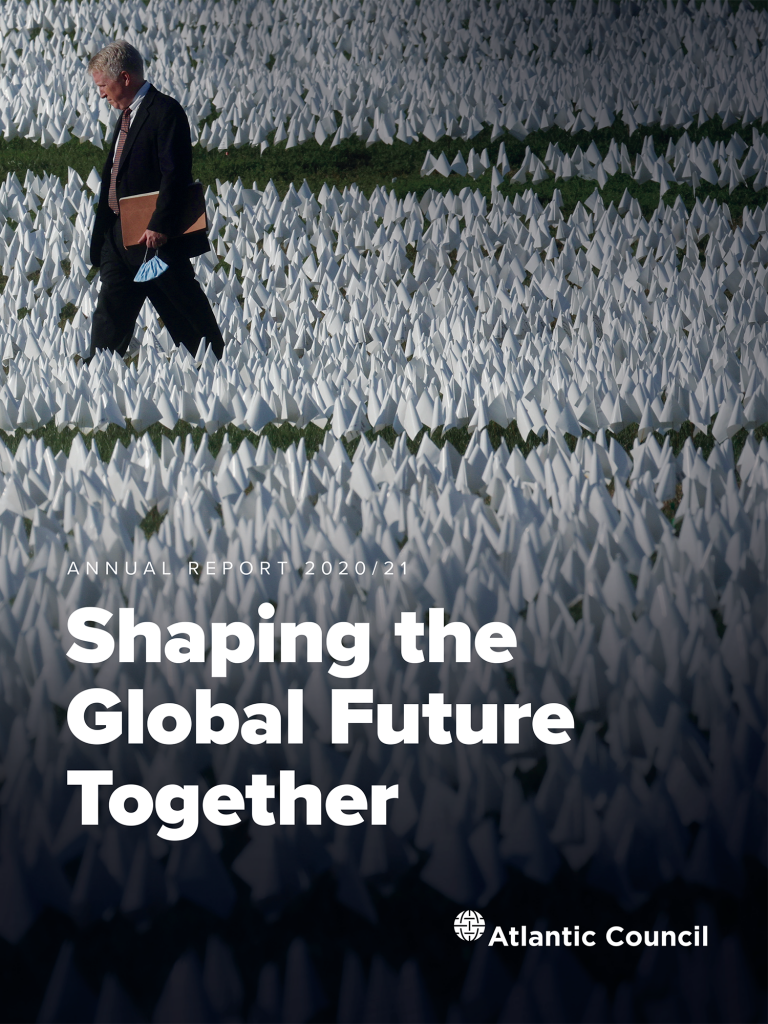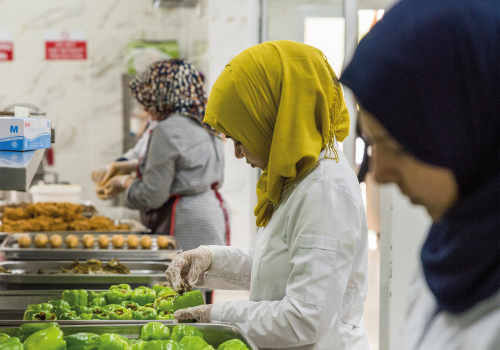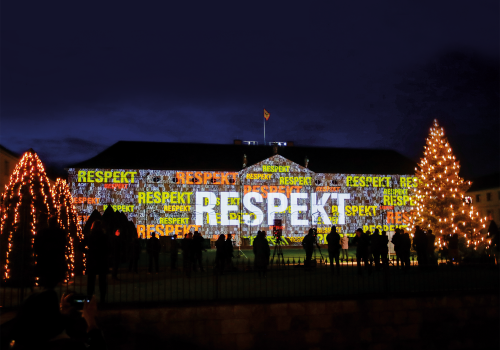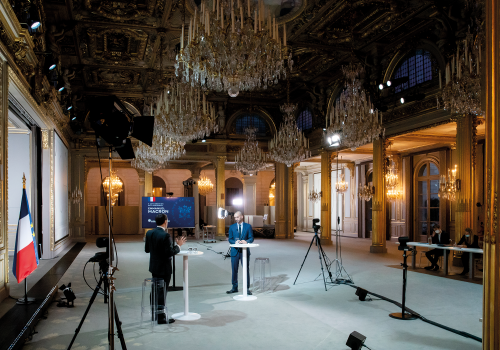Fostering partnerships with key institutions in the region to serve as a forum for dialogue as well as offering pragmatic recommendations for policymakers.
The South Asia Center is the Atlantic Council’s hub for work on greater South Asia and the relations among its countries, neighboring regions, the United States, and Europe.
The center aims to foster partnerships with key institutions in the region to serve as a forum for dialogue between decision makers in South Asia and the United States. Its core issues of focus include governance, trade and development, international migratory flows, traditional and nontraditional security, climate sustainability, and energy, with the overarching goal to offer analysis and practicable recommendations
for policymakers.
The South Asia Center in 2020 and 2021
The devastating impact of COVID-19 across South Asia in 2020 will reverberate for years to come. While economic expansion is expected in 2021, growth will remain insufficient for the region to achieve its 2019 output levels and the crisis threatens to push a greater number of individuals under the poverty line, with limited resources to reverse the trend. Politically, South Asia is witnessing a slow but steady slide back to authoritarianism, whether it be Indian Prime Minister Narendra Modi’s curbs on media freedom, the Rajapaksa brothers’ decisive victory in Sri Lanka’s elections, or China’s growing influence in Nepal. While Afghanistan grapples with the Taliban takeover and Pakistan works to meet stringent International Monetary Fund restraints, the region more broadly is struggling to distribute COVID-19 vaccines as all eight countries tend to their wounds.
In 2020, the South Asia Center diversified its portfolio to encompass a broader range of issues, including signature initiatives to support the former Afghan peace process, stronger US-India economic ties, and renewed focus on Pakistan’s domestic political economy.
Notable among the center’s achievements this past year was the expansion of its Afghanistan portfolio. In June, the South Asia Center hosted Afghan President H.E. Mohammad Ashraf Ghani as part of the Council’s flagship #ACFrontPage series. In July—aided by generous support from the Rockefeller Brothers Fund—the center published a flagship report entitled Strategies for Reforming Afghanistan’s Illicit Networks. December saw the official launch of a set of high-level strategic dialogues focused on “Developing a long-term transatlantic framework for peace and security in Afghanistan.” By convening high-level government and civil society voices from Afghanistan, the United States, and the European Union, these discussions were designed to promote fresh analysis and cutting-edge policy ideas in support of peace and stability in the country, while also maintaining critical gains for Afghanistan’s women and other marginalized communities.
The center also created a new US-India Trade Initiative, a series of private roundtables convening trade policy experts and industry leaders from both countries to identify solutions and opportunities for cooperation. The initiative’s recommendations culminated in a final report released in the summer of 2021, Reimagining
the US-India Trade Relationship.
At the regional level, the center published its Evolving News Media Landscapes in India and Pakistan: Implications for Regional Peace and Stability report in August, which explores today’s government-media nexus and the critical implications of reconfiguring the media ecosystem for India and Pakistan’s domestic politics and foreign policy. Given the deepening curbs on media freedom across the region—which threaten South Asia’s many fragile democratic processes—this topic will remain an important focus for the center in the coming year.
Looking ahead, the South Asia Center will continue to expand and deepen its work on Afghanistan and India, while also launching a new Pakistan Initiative. Combined, these portfolios will aim to provide constructive analysis to aid the Biden administration in developing a more holistic engagement with the region. Additionally, the center is enthusiastic about its new social media initiative that aims to showcase the voices of South Asia’s youth and promote positive perceptions of the region both at home and within the international community. These important work streams built on a robust 2020 portfolio and carried the South Asia Center into 2021 with a continued commitment to highlight key issues across the region in a unique and innovative way.
Next
Read the full report

Annual Report 2020/2021
As we celebrate the 60th anniversary of our founding, the challenges we face
are daunting, but the Atlantic Council has responded with innovative and
consequential work. Here’s how we are working together to shape the global
future.
Image: A health official takes a swab sample for the coronavirus disease (COVID-19) from a man while sitting inside a mobile swab collection vehicle at Singha Durbar office complex in Kathmandu, Nepal in 2020. REUTERS/NAVVESH CHITRAKAR




